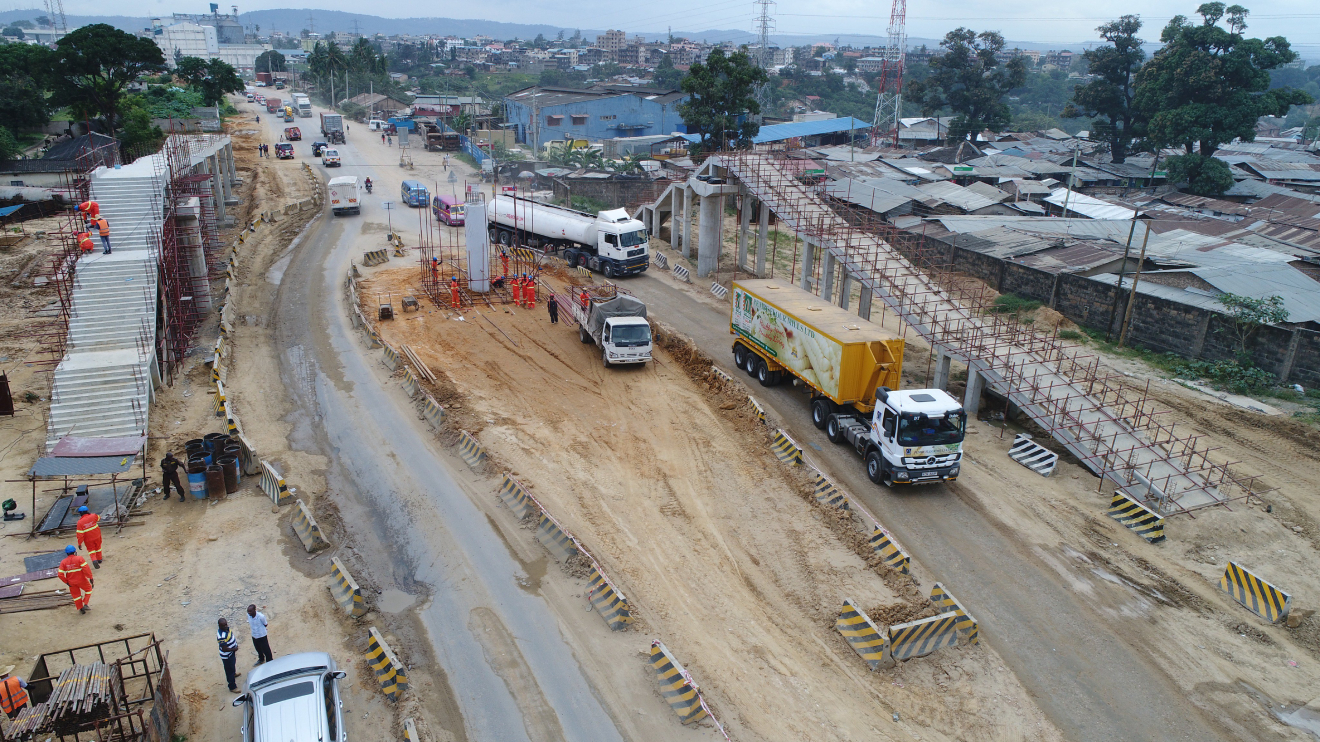Kenya is set to play a central role in a Sh443 million project designed to breed cattle that emit less methane while boosting farmers’ productivity and resilience.
The three-year programme will be coordinated from Nairobi by the International Livestock Research Institute (ILRI), with activities extending across four other African nations.
The initiative, supported by the Bezos Earth Fund and the Global Methane Hub, is part of the Global Methane Genetics Initiative.
It will operate under the name Accelerating Reduced Emissions in Indigenous Breeds in Africa, combining advanced genetics with traditional livestock practices to create climate-smart cattle.
Andy Jarvis, Director of the Future of Food at the Bezos Earth Fund, stressed the value of this approach.
Read More
“Reducing methane from cattle is one of the most elegant solutions we have to slow climate change," Jarvis said.
"Thanks to collaboration with the Global Methane Hub, we’re backing an effort that uses age-old selection practices to identify and promote naturally low-emitting cattle, locking in climate benefits for generations to come.”
ILRI reports that Africa contributes 18 per cent of global livestock methane emissions, with cattle responsible for 70 per cent of these emissions in Sub-Saharan Africa.
Without intervention, the institute warns, these levels could triple by 2050.
By building on the diversity of indigenous breeds, the programme seeks to help countries such as Kenya contribute to global climate targets, including the 1.5°C warming limit.
Highlighting the broader impact, Raphael Mrode, Principal Investigator at ILRI, emphasised the dual focus on sustainability and productivity.
“This initiative represents an important step towards a more sustainable and productive livestock sector in Africa," Mrode explained.
"By integrating advanced genetics with Africa’s indigenous breeds and farmer knowledge, we can achieve meaningful reductions in methane emissions while strengthening rural livelihoods through improved productivity.”
The work will involve measuring methane emissions from 3,000 cows across Kenya, Ethiopia, South Africa, Burkina Faso, and Benin, utilising laser detectors and mobile apps for support.
Findings will be linked to data already collected from 9,000 cattle.
In addition, over 1,000 tropical cows will be studied to better understand the role of microbes in both productivity and emissions.
National breeding programmes will benefit from cattle able to withstand heat, consume fewer resources, and emit less greenhouse gas.
Alongside this, the project will train technicians, strengthen breeding centres, and publish ranking lists of bulls and cows accessible to farmers.
ILRI will oversee operations from its Nairobi and Addis Ababa centres, working with partners in South Africa, France, Burkina Faso, and Benin.
Breeding organisations URUS and GENUS are also involved to ensure the results reach farmers across networks.
The programme targets a 12 per cent cut in livestock methane emissions within 20 years, achieved through annual reductions of 0.6 per cent at the population level.
Productivity improvements are expected to lower methane per kilogram of milk by up to 25 per cent within five years.
Importantly, genomic data will be made publicly available to reduce breeding costs and broaden access to climate-resilient cattle for women and youth farmers in Kenya and beyond.








-1757586635.jpg)
